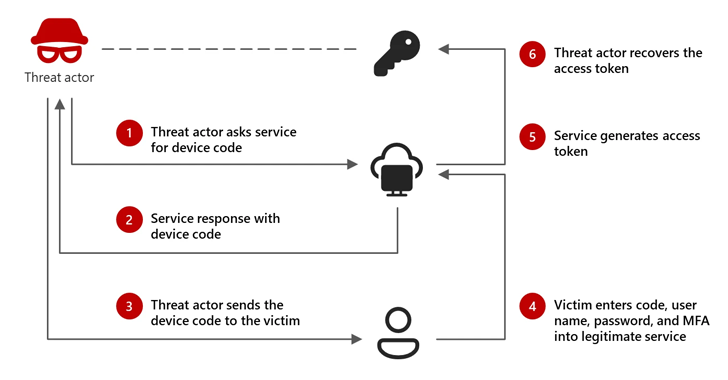[ad_1]
Is Your Phone Your Best Friend or a Silent Spy?
“I’m Hanging Out with My Friends!”
“I’m celebrating New Year at…”
“Taking a sacred dip at Maha Kumbh #Prayagraj.”
“House-warming party at my new home #Delhi”
“Visiting Chennai office for our yearly meet.”
You must be one of the many who constantly update social media with such hashtags, accompanied by pictures and videos of yourself and your loved ones. There’s nothing inherently wrong with sharing these joyous moments. But have you ever stopped to wonder—while you’re updating the world about your life, is your phone quietly updating itself about you?
Your Phone is Always Listening—Do You Know?
Wherever you go, whatever you do, whatever you search for—your phone, the device you hold so dear, is not just an inanimate gadget. It’s actively tracking your preferences, habits, and movements, responding in ways that might seem uncanny.
At first, it might feel harmless. After all, if your phone “knows” your likes and dislikes, doesn’t that make life more convenient? Yes, to some extent. But the catch? Your phone isn’t just your digital companion—it’s also a treasure trove for hackers, marketers, e-commerce platforms, Google, and even scammers.
Every Move You Make, Your Phone Records It
You’d be surprised to know that every step you take, every search you make, is being monitored and recorded. Your phone listens to your conversations, analyzes your interests, and tailors ads and recommendations accordingly.
Ever casually mentioned craving pizza and suddenly seen pizza ads on your screen? Thought about checking your horoscope only to find a reel of an astrologer urging you to fast and chant mantras? It’s not a coincidence—it’s data-driven personalization in action.
The Indian Context: The Rising Concern
With over 1.2 billion mobile phone users in India (Source: TRAI, 2024), the scope of data tracking is immense. According to a 2023 survey by the Internet and Mobile Association of India (IAMAI), 89% of Indian smartphone users have noticed targeted ads based on their recent searches or conversations. Moreover, the Digital Personal Data Protection Act 2023 has been introduced to address growing concerns over unauthorized data collection and privacy breaches.
How Your Data is Tracked
Your smartphone employs various technologies to monitor your location and behavior:
- GPS (Global Positioning System): Provides precise location data that is accurate within 3 to 9 meters, enabling apps to offer location-based services.
- Cell Towers: Telecom providers can determine your approximate location based on your proximity to cell towers, with an accuracy range of about 50 meters.
- Public Wi-Fi and Bluetooth: Connecting to public networks or having Bluetooth enabled can expose your device’s unique identifiers, allowing entities to track your movements and activities.
Recent Developments in India
India has been proactive in addressing data privacy concerns:
- Digital Personal Data Protection Act, 2023: This law emphasizes individual privacy rights and imposes strict regulations on data collection and sharing.
- Regulatory Actions: The Competition Commission of India (CCI) has imposed restrictions on data-sharing practices, directing companies like Meta to cease sharing user data between WhatsApp, Facebook, and Instagram.
How to Achieve Total Security for Your Data
While it’s difficult to eliminate data collection entirely, you can take steps to minimize it:
- Review App Permissions: Regularly audit the permissions granted to apps, especially those requesting access to location data, without an apparent necessity.
- Disable Unnecessary Services: Turn off GPS, Wi-Fi, and Bluetooth when not in use to prevent passive data collection.
- Stay Informed: Keep abreast of the latest developments in data protection laws and adjust your digital habits accordingly.
- Use Total Security Solutions: Invest in Total Security software that offers advanced protection against cyber threats, data breaches, and unauthorized tracking.
Final Thoughts
Your phone may seem like your trusted companion, but in reality, it knows more about you than you realize. The question remains: How much of your data are you unknowingly giving away? And, more importantly, how can you take control? The key lies in being aware, staying cautious, and securing your digital footprint with total security measures.
[ad_2]
Source link





















